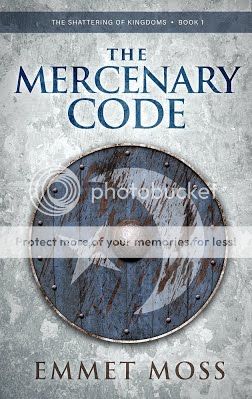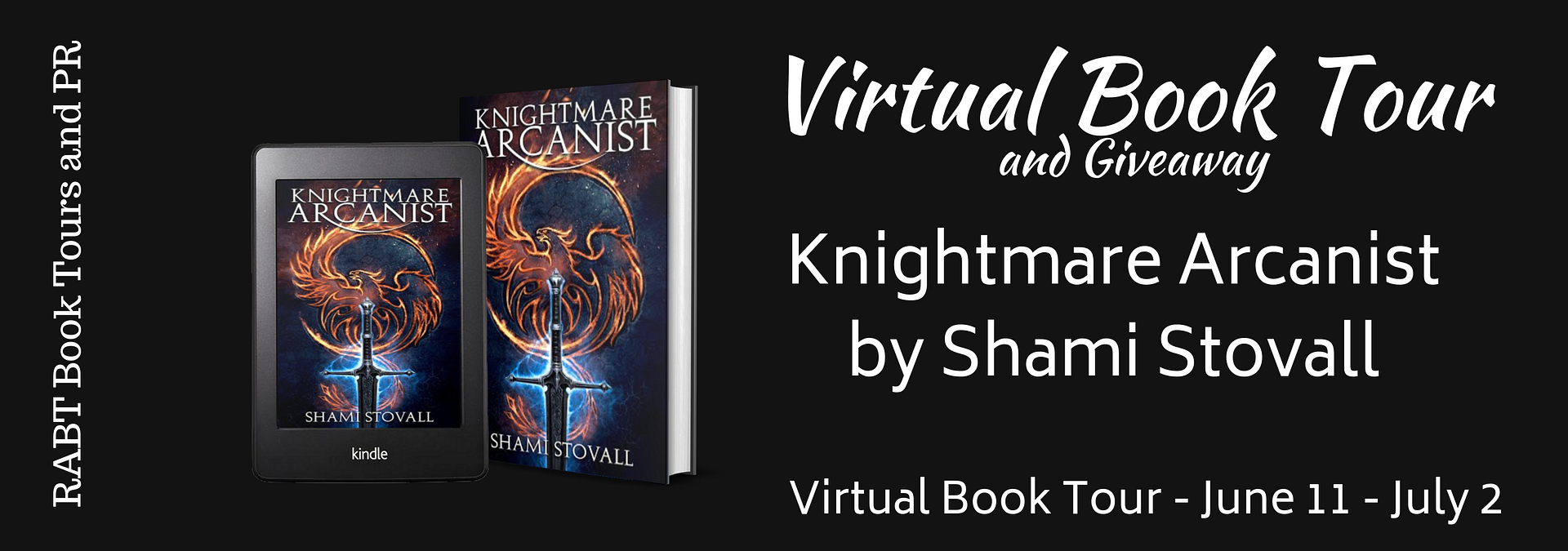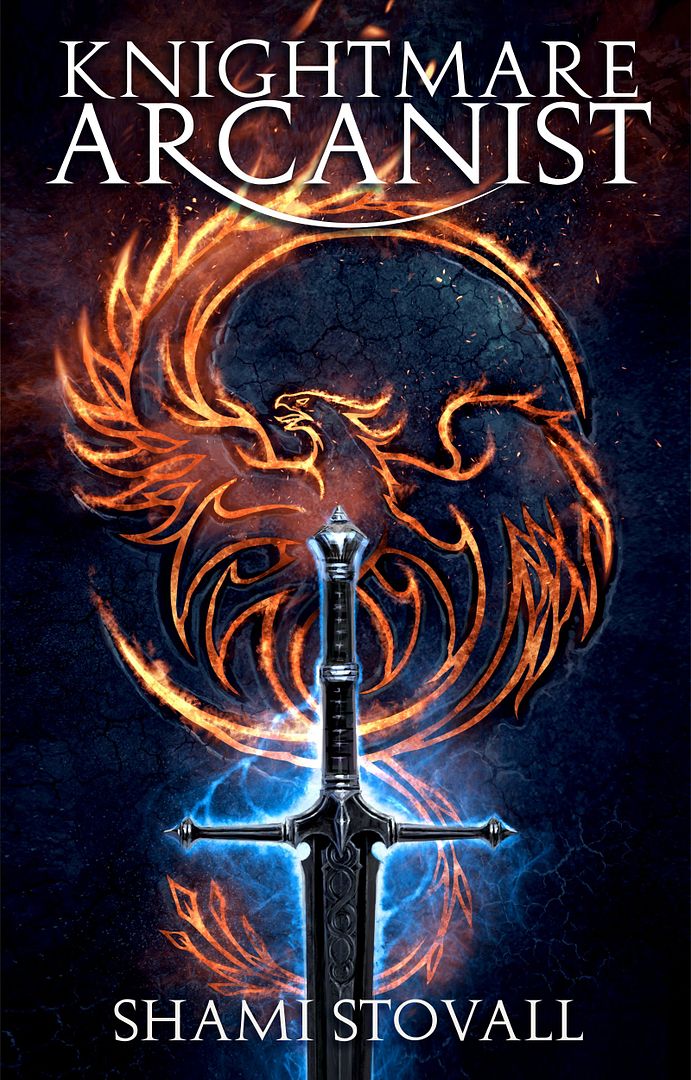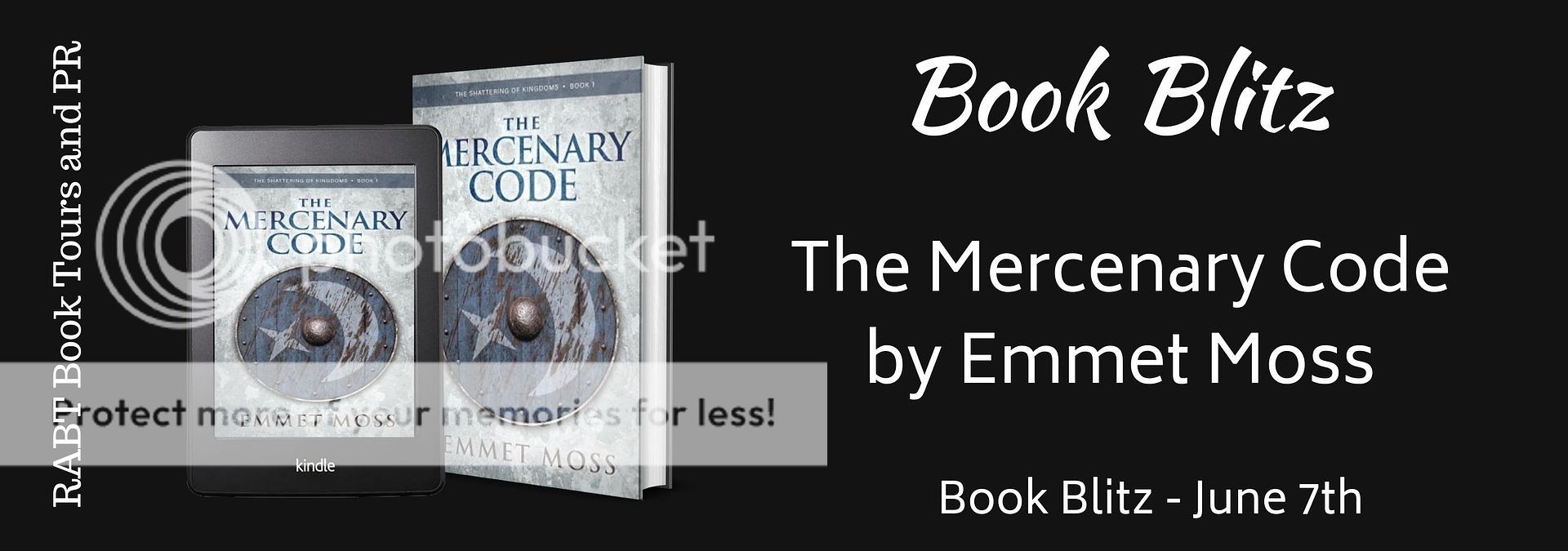Good morning, squiders! Today I have a promo and excerpt for you for Emmet Moss’s new epic fantasy novel, The Mercenary Code, which is book 1 of the Shattering of Kingdoms series.

The
Shattering of Kingdoms, Book 1
Break
the Code. Shatter the World.
Centuries
ago, the murder of a beloved king tore apart the Kingdom of Caledun. The land
was plunged into chaos and thousands perished in the aftermath. A new order was
established in an attempt to return Caledun to its former glory. It failed, but
in its place rose the beginnings of the Code.
During
this same period, the mystical caretakers of the Great Wood retreated from the
world of Kal Maran, their disappearance an ominous harbinger of the suffering
that was to follow. The Great Wood now grows out of control. Cities, towns, and
villages have fallen before the relentless march of the forest. Without the
former guardians to keep her tame, the wood has become a place of peril, and dark
creatures of legend now hunt beneath its leaves.
The
summer season is now a time of armed conflict. The fall of the old monarchy has
brought about a ceaseless cycle of combat. Grievances are settled by the strict
tenets of a binding Mercenary Code and the men who would die to preserve its
honour.
However,
change is in the air. Political rivalries have escalated, and dire rumblings of
a revolution abound. Thrust to the forefront of the shattered land’s politics,
a mercenary fights for more than just riches. In the north, a borderland
soldier wrestles with his own demons and looks to find his true purpose. And in
the shadow of the Great Wood, a young man’s chance encounter with a strange
visitor gives hope to a land divided.
Bider’s
gaze wandered over the assembled enemy troops camped beyond bow range on the
outskirts of the city. At least a thousand men lay to the west, another four
hundred were guarding any attempt at a sortie from the south gate. A dozen
distinct banners flapped in the strong wind, with each company standard easy to
distinguish from Bider’s elevated vantage point. He studied the banners and
counted only one northern company among the groups to the south. Most were
unfamiliar him, and his eyes settled uneasily on the symbol of the black hyena
belonging to Khali’s Reavers.
Nudging
Orn, Bider gestured out towards the standard. “What’s the story behind the
Reavers?” he asked. “You’ve been around since the early days of the Fey’Derin.”
“The
Reavers are a bad lot,” Orn said, spitting over the wall. “A very bad lot.”
“That’s
what I know, not what I want to hear,” Bider pressed.
Orn
gave his companion a deliberate once over before answering. “Over the last
century or so, there have been several unspoken rules in our profession,” he
began, “One, is to always minimize casualties of the innocent, especially women
and children. Another is to always accord captured officers fair and just
treatment. Although such rules were never written into the Code, mercenary
companies don’t take kindly to torturers —”
“So
Khali’s men tortured officers?” Bider interrupted with alarm.
“If
you’re going to interrupt, I’ll stop right here and now,” Orn growled. “Now are
you going to shut that trap of yours or not?”
“Yes,
sorry.” Bider answered timidly.
“As
I was saying, there are several actions that are widely frowned upon. The last
revolves around a company’s base of operations during the winter months. Be it
a temporary encampment, or a permanent home city, it matters not. You leave the
men and their families alone. There’s plenty of time for killing when the
spring arrives.” Pausing to take a long sip from his ever-present flask, Orn
shot Bider a suspicious look. “You won’t say anything to the Captain now will
you?” he glared.
“Not
as long as I hear this story …” Bider responded carefully.
“Well,
it was three seasons ago, the year before you came on as a recruit, and the
company was staying south for the winter. It was the first time the Captain
chose not to take us back north to Briar, instead planning to stay near the
eastern edge of the Caeronwood. Sergeant Fenton and the Lieutenant left the
autumn campaign early with our newest recruits and built a relatively
comfortable camp for the men. Rumours began to swirl by season’s end that a few
southern companies had been contracted out later than the usual, and many
mercenaries across the region speculated at what might be developing. Seems a
few of the nobles in the Protectorate territories held the northern companies
in some contempt, deeming them unfit to fight in southern lands.”
“But
the Code states that the whole of Kal Maran is fit for any company to do
battle,” Bider retorted.
“That’s
right, but it doesn’t mean it sits well with some of the noblemen hereabouts.
The Code isn’t perfect, and men’s hearts can be easily twisted, even by the
most mundane of things,” Orn continued. “After the Battle of Cobourne, where
the Fey’Derin fought for Lord Erion Brawn, word escaped that an early winter
bounty was out on our company. It seems the Captain’s choice of employer over
the years had angered certain factions, most notably Lord Yarr and his ally
Duke Garius of Imlaris.”
“I’m
not familiar with that name.” Bider said.
“He
paid a large price to spearhead the campaign against our recruits. They hit the
camp before we could muster our strength and warn them. That twelve of the
fifty-six men survived, including Lieutenant Burnaise, is something of a
miracle. It was a slaughter, and our young men had no chance. Bran, that big
brute of an Axeman, still sports a nasty scar under that beard of his, but at
least he survived, unlike many of his friends.”
“And
it was Khali’s men that attacked?” Bider hesitated to ask.
“Aye,
it was. They showed no quarter. Women who had arrived from the north or
sweethearts from the nearby towns, it mattered little. Khali’s men murdered
them all. Sergeant Fenton died trying to protect his young son and wife,” Orn
replied gloomily.
“The
Captain was cold that day. He showed no emotion, and yet we all knew he was
hurting. His vengeance was swift and as unmerciful as the unjust attack. He
mustered half the company and ambushed Garius as he travelled between cities.
No one walked away from that battle unscarred. Captain Silveron ignored the
man’s pleas for mercy and took his head, sending it in a box to Gadian
Yarr. Then we travelled north, taking a
winding road through the Erienn mountain range, passing by Dragon Mount and the
Silveryn Mages.”
“And
the Reavers?” Bider asked, entranced by the sorrow etched in the storyteller’s
words.
“We
fought them the following season. Sergeant McConnal nearly destroyed their
vanguard single-handedly, and the Captain, well he was both terrifying and
awe-inspiring to behold. We haven’t seen those bastards in well over a year
now, and it’s all any of us involved in that ambush can do to hold our tempers
in check. There’s a reckoning still to come. The Captain swore on those dead
men that he would kill the man who coldly slaughtered those innocents, and if I
know the Captain, that day is coming.” Orn hung his head as he finished,
staring solemnly at the ground.
A
long moment passed, and Bider felt a pang of guilt knowing that he had reopened
old wounds. Ignoring Orn as he took a second and then third pull from his
silver flask, Bider slipped down the stone staircase and left his friend alone
with his thoughts.
About
the author:

Emmet
Moss lives in Canada with his family and cat. He is a sports enthusiast and an
avid reader of fantasy and science fiction. The Mercenary Code is the first
installment of his Shattering of Kingdoms epic fantasy series. Book two, The
King’s Guard, is set for release in Fall 2019.







